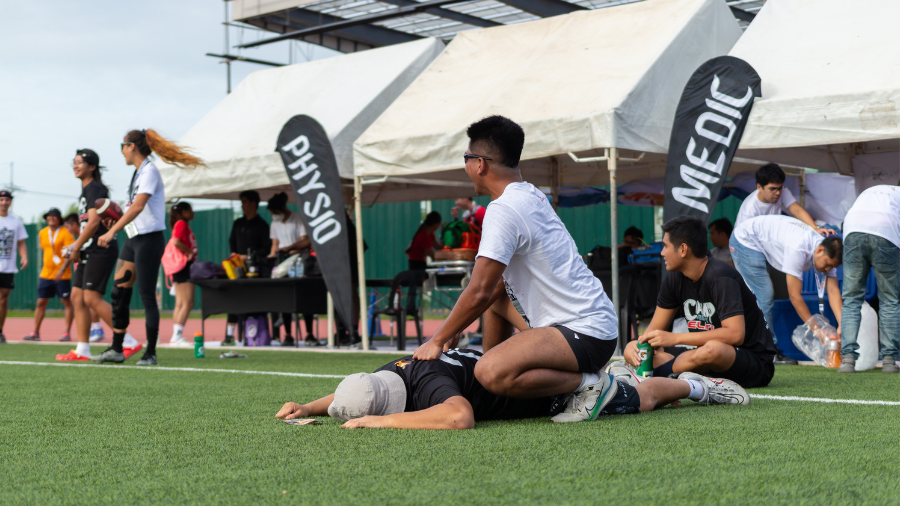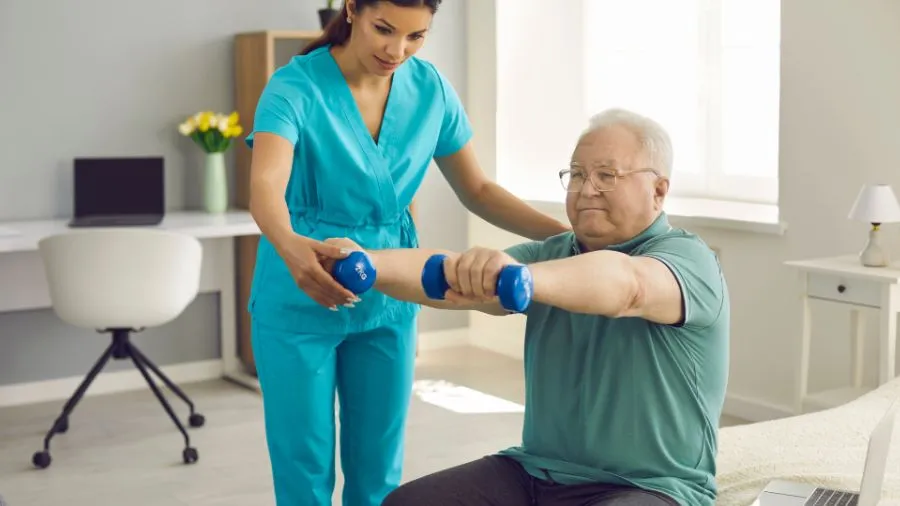Parkinson’s disease is a neurodegenerative disorder that affects movement. It’s crucial to understand its complexities and how it impacts individuals.
Understanding Parkinson Disease
Parkinson’s disease, often abbreviated as PD, is a progressive disorder that affects the nervous system. It’s characterized by tremors, stiffness, slow movement, and impaired balance. This condition arises due to the loss of dopamine-producing nerve cells in the brain.
Symptoms and Diagnosis
The symptoms of Parkinson Disease typically develop gradually and may initially be mild. Common signs include tremors, particularly in the hands, arms, and legs, stiffness in the limbs, slow movement, and difficulties with balance and coordination.
To diagnose Parkinson Disease, doctors rely on a combination of medical history, physical examination, and neurological tests. There’s no definitive test for Parkinson Disease, so diagnosis often involves ruling out other conditions.
Treatment and Management
While there’s no cure for Parkinson’s disease, various treatments aim to manage symptoms and improve quality of life. Medications, physical therapy, and lifestyle modifications can help alleviate symptoms and enhance daily functioning.
Coping with Tremors
Tremors are a hallmark symptom of Parkinson Disease and can significantly impact an individual’s daily life. They are involuntary, rhythmic muscle movements that can occur in various parts of the body, affecting tasks such as writing, eating, or speaking.
Understanding Tremors
Tremors in Parkinson Disease often start in one hand or arm and may eventually affect both sides of the body. They typically manifest as shaking or trembling movements and can worsen during stress or anxiety.
Related: What is a stroke?
Managing Tremors
While tremors in Parkinson Disease can be challenging to control completely, certain strategies can help manage them. These include medications, physical therapy, relaxation techniques, and lifestyle adjustments.
Conclusion
Parkinson Disease is a complex condition that requires a comprehensive understanding of its symptoms and management strategies. By raising awareness and enhancing knowledge about this disease, we empower individuals affected by Parkinson’s and their families to navigate the challenges it presents.
Contact us for free Physiotherapy Consultation




